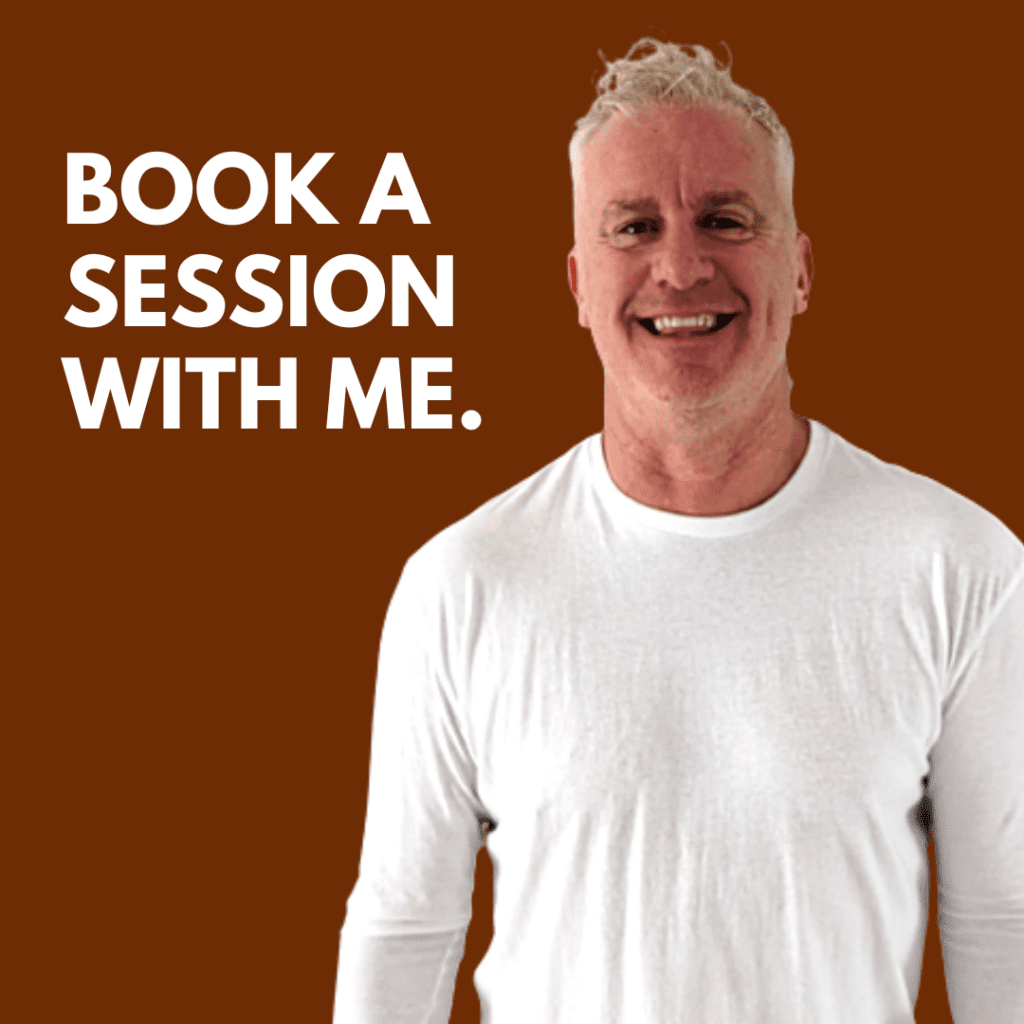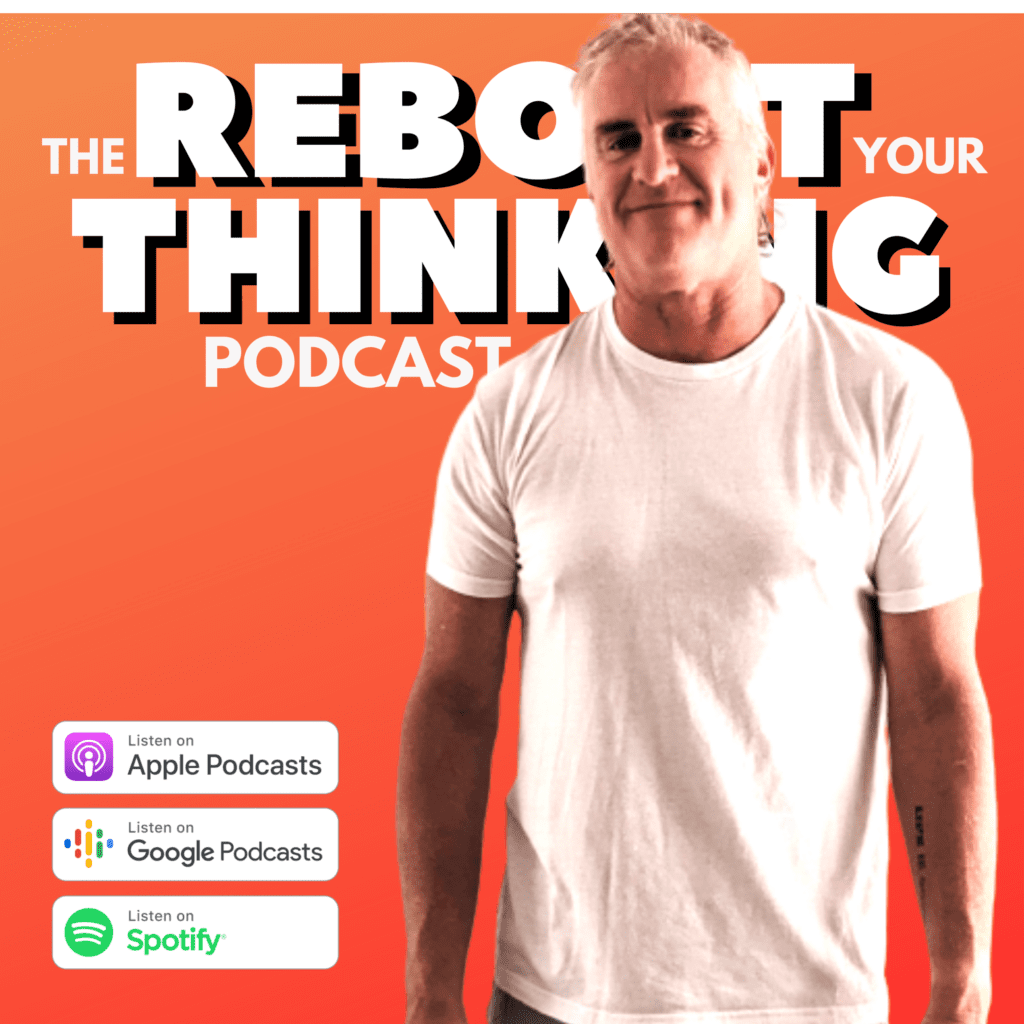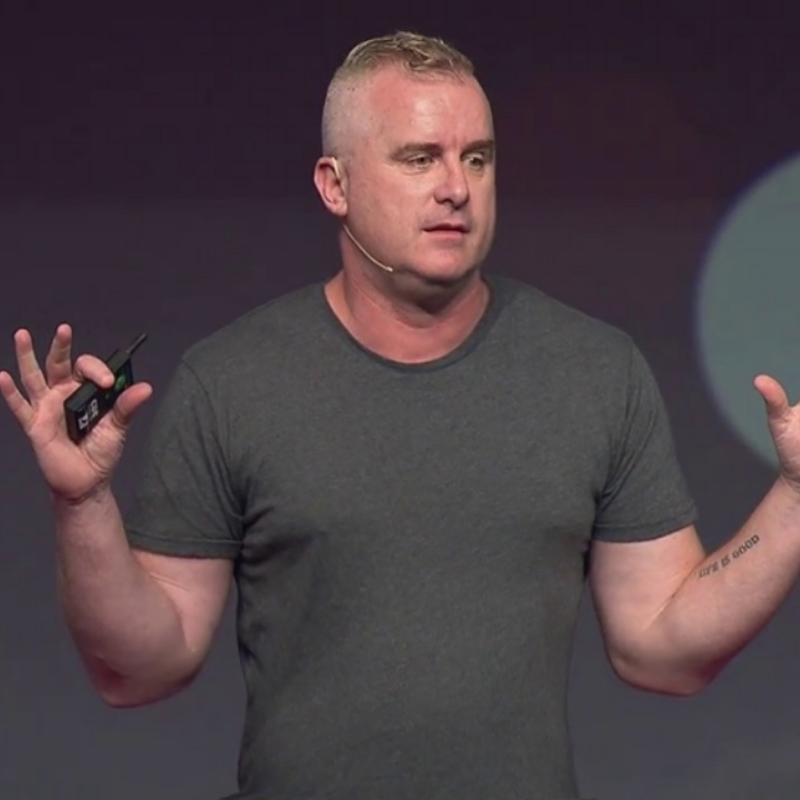Before I begin, I would like to clarify that this interview is a product of AI technology, and the responses given are obviously not directly from Carl Jung himself. While I understand the importance of respecting the legacy and teachings of Dr. Jung who I am a massive fan of, I believe that this interview provides a unique perspective on what he might say about the current world and times if he were alive today. My intention is not to offend or disrespect anyone, but rather to offer a thought-provoking conversation that can inspire deeper reflection and understanding. I hope you enjoy this interview and take away some valuable insights from it.
[Also … this is the most 2023 paragraph I have ever written! and I can’t believe I have to say this!]
So, Dr. Jung, for the readers who might not know who you are, please introduce yourself.
“Hello, I am Carl Jung. I am a Swiss psychiatrist and psychoanalyst with a deep interest in the workings of the human psyche. I am particularly interested in the collective unconscious and archetypes, and i believe that by exploring these concepts, people can understand themselves better and the world around them.
I was a student of Sigmund Freud for a while until we had a falling out.
I am probably most famous for my theories on the ego, the unconscious mind, and the process of individuation.”
You once said that “what you resist, persists.” How do you think this idea applies to mental health and personal growth, and how can it be applied in psychotherapy?
“I still believe that. When we suppress or repress our thoughts, emotions, or experiences, they tend to manifest in other ways, often causing us more distress in the long run.
My concept of ‘what you resist, persists’ is especially important in therapy today because if clients aren’t encouraged to confront their fears, anxieties, and other difficult emotions, they will just avoid or suppress them.
That can be a really challenging thing to do, of course, because it often involves facing really uncomfortable or painful experiences. However, by doing so, people can gain a deeper understanding of themselves and their emotions, and can begin to work through them in a constructive and meaningful way.”
You had a lifelong interest in spirituality and religion. How do you think these topics relate to psychology, and what insights can psychology offer on these subjects?“
“Spirituality and religion are absolutely deeply intertwined with psychology, and the study of these topics offer valuable insights into the human psyche today.
Throughout my work, I explored the role that religion and spirituality play in shaping our beliefs, values, and sense of meaning and purpose in life. I believe that these experiences are not only important for our psychology well-being, but also for our spiritual growth and development.
But, at the same time, I also recognised that religious and spiritual experiences can sometimes be misinterpreted or even used as a tool for psychological manipulation. As a result of that, I believe that psychology has an important role to play in helping people to distinguish between authentic spiritual experiences and those that may be harmful or deceptive.”
What do you mean by ‘authentic spiritual experiences’?
“Well, I think they are the ones that are genuine and transformative, arising from a deep sense of connection to something greater than oneself. These experiences are often described as moments of profound insight or realisation, and be characterised by feelings of awe, reverence, and wonder.
They can be religious experiences, right through to encounters with nature, to moments of creative inspiration. But not all spiritual experiences are necessarily authentic. It’s important to approach these experiences with a critical eye, and to ask psychological tools and techniques to help distinguish between authentic and inauthentic experiences.”
What is the most important factor in achieving a sense of meaning and purpose in our life?
“I think the most important factor in achieving a sense of meaning and purpose in life is to discover and integrate the various parts of ourselves that may be in conflict or hidden from awareness. This involves developing a relationship with our unconscious mind and exploring the depths of our psyche, which can help us better understand our unique purpose and direction in life.
I think ultimately, finding meaning and purpose in life requires a willingness to explore and engage with the many different facets of our being, and to embrace the journey of self-discovery and growth. It’s a lifelong process, though, so we have to remember that it requires patience, persistence, and a willingness to embrace both the light and the dark aspects of ourselves.
Speaking of the dark aspects of ourselves, your ideas on ‘the shadow’ and the persona have been influential in understanding the dark side of human nature. How can we integrate the shadow into our lives in a healthy way?
“That’s a great question. I think that the integration of the shadow is crucial to achieving a state of psychological wholeness and self-actualisation. The shadow represents the parts of ourselves that we have repressed or denied, often due to societal or cultural pressures. These suppressed aspects can include emotions, desires, and impulses that we deem as unacceptable or incompatible with our self-image.
To integrate the shadow in a healthy way, we must acknowledge and accept these suppressed aspects of ourselves.
This can be achieved through self-reflection, introspection, and exploring our dreams and fantasies. By shining a light on the shadow, we can begin to understand its influence on our behaviour and thought patterns, and work towards integrating it into our conscious self.
It’s important to also note, though, that integrating the shadow doesn’t mean just acting our on every impulse or desire that we feel, but rather understanding and accepting them as part of ourselves. By doing so, we can free ourselves from the constraints of societal norms and expectations, and achieve a greater sense of authenticity and wholeness.
Sorry, I can tend to go on a bit about the shadow…”
No, not at all. That’s a great explanation. Tell me, what advice would you give to someone struggling with depression or anxiety, and how can your ideas on the psyche be applied to help them overcome these challenges?
“Someone who is struggling with depression or anxiety should begin by exploring their inner world and examining their unconscious thoughts and feelings. This can be done through therapy with a trained professional or through practices like journaling and self-reflection.
I would also emphasise the importance of acknowledging and accepting one’s emotions, even the difficult ones, as part of the human experience.
When you can integrate these emotions and experiences, instead of suppressing them or ignoring them, you can gain a greater sense of self-awareness and find ways to manage these depressive symptoms.
I think I would also encourage them to seek out meaningful connections with others and engage in activities that bring them joy and fulfilment. By cultivating a sense of purpose and engagement in life, they can work towards improving their overall well-being and finding a sense of meaning in their struggles.
I feel like I have to ask this one. You have been accused to being a Nazi sympathiser. How do you respond to these accusations, and what is your legacy in light of these allegations?
“Yes, I deeply regret any actions or statement that could be interpreted as supporting Nazi ideology or antisemitism. I think it’s important to understand that my views were shaped by the historical and cultural context in which I lived and worked. I am aware that some of my writings and personal associations have been used to support racist and fascist agendas, but I condemn any such misinterpretation of my work.
I believe that it is essential to recognise and confront the dark aspects of human nature, including our potential for prejudice and hatred.
To do this, we must strive to understand the complex psychological and social factors that contribute to such attitudes, and work to create a more just and equitable society.
As for my legacy, I hope that my contributions to the field of psychology and psychotherapy can be appreciated in their own right, separate from any controversial or problematic aspects of my personal life. My ideas on the collective unconscious, archetypes, and the process of individuation remain relevant and valuable today, and I hope that they can continue to inspire further exploration and understanding of the human psyche.”
One of your sayings is my personal motto and something that I have used a lot in my own recovery: “I am not what happened to me, I am what I choose to become’. What is YOUR favourite one of your own sayings?
“Well first of all thank you and I am glad to hear that something I have said has helped you directly.
I think my favourite would be “the greatest and most important problems of life are all fundamentally insoluble. They can never be solved but only outgrown”. This idea speaks to the human condition and our inherent limitations in trying to understand and solve all of life’s complexities. Instead, it emphasises the importance of personal growth, introspections, and accepting the mysteries and uncertainties of life.”
OK Dr. Jung, thank you for your time. Let’s finish with the dinner party question. Which three people, alive or dead, would you invite to a dinner party you were hosting?
“Hmmm … that’s a tough question but I think the first would be Wolfgang Pauli. As a physicist and a close collaborator, I would enjoy engaging in discussions with Pauli about the intersection of physics and psychology, particularly our shared interest in the concept of synchronicity.
Second would be Marie-Louise von Franz. As a prominent analyst and my protégé, I would relish the opportunity to catch up with von Marie-Louise and hear about her experiences in the field of analytical psychology, as well as her own research and writing.
And then finally maybe Lao Tzu. As the founder of Taoism and a philosopher, I would be fascinated to speak with Lao Tzu about his perspectives on spirituality and the human psyche, and to explore the ways in which his teachings might intersect with my own.









